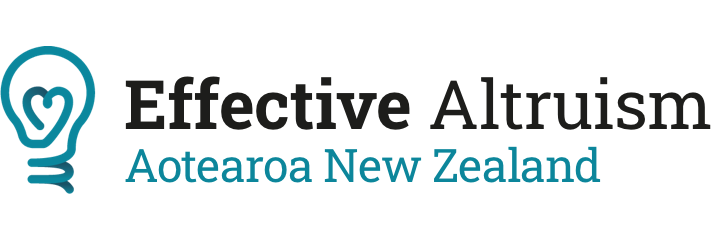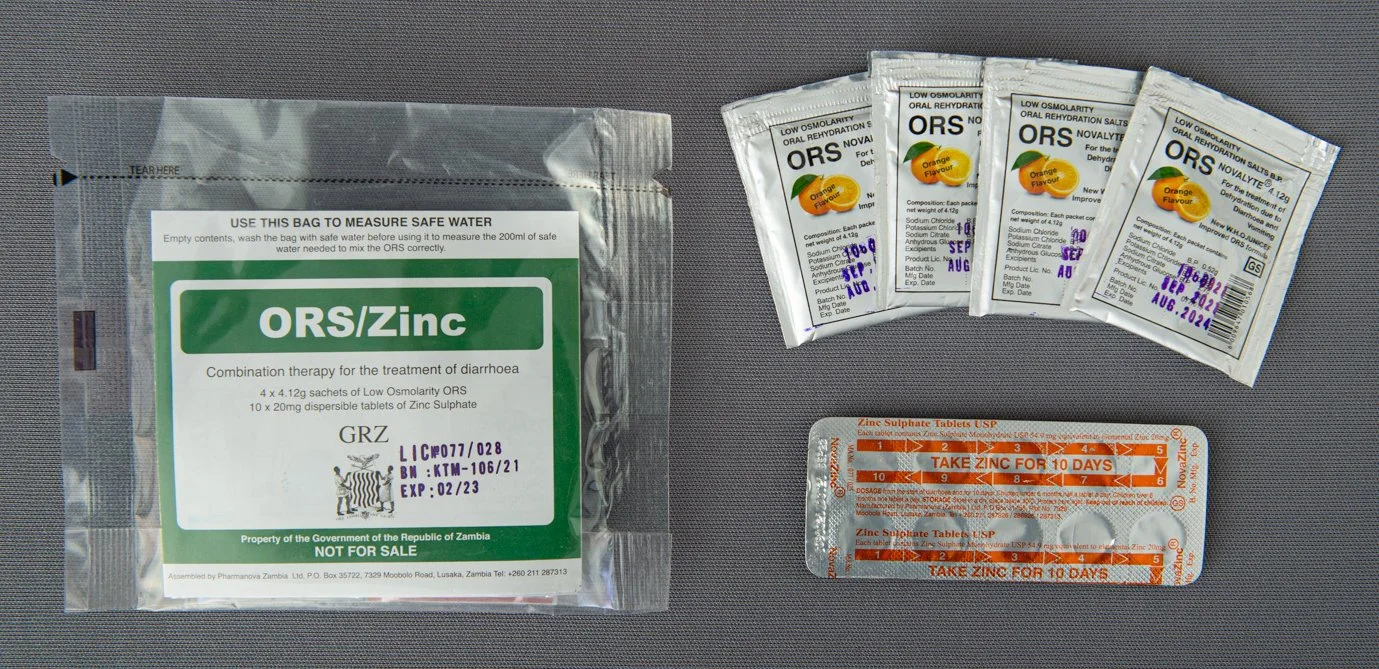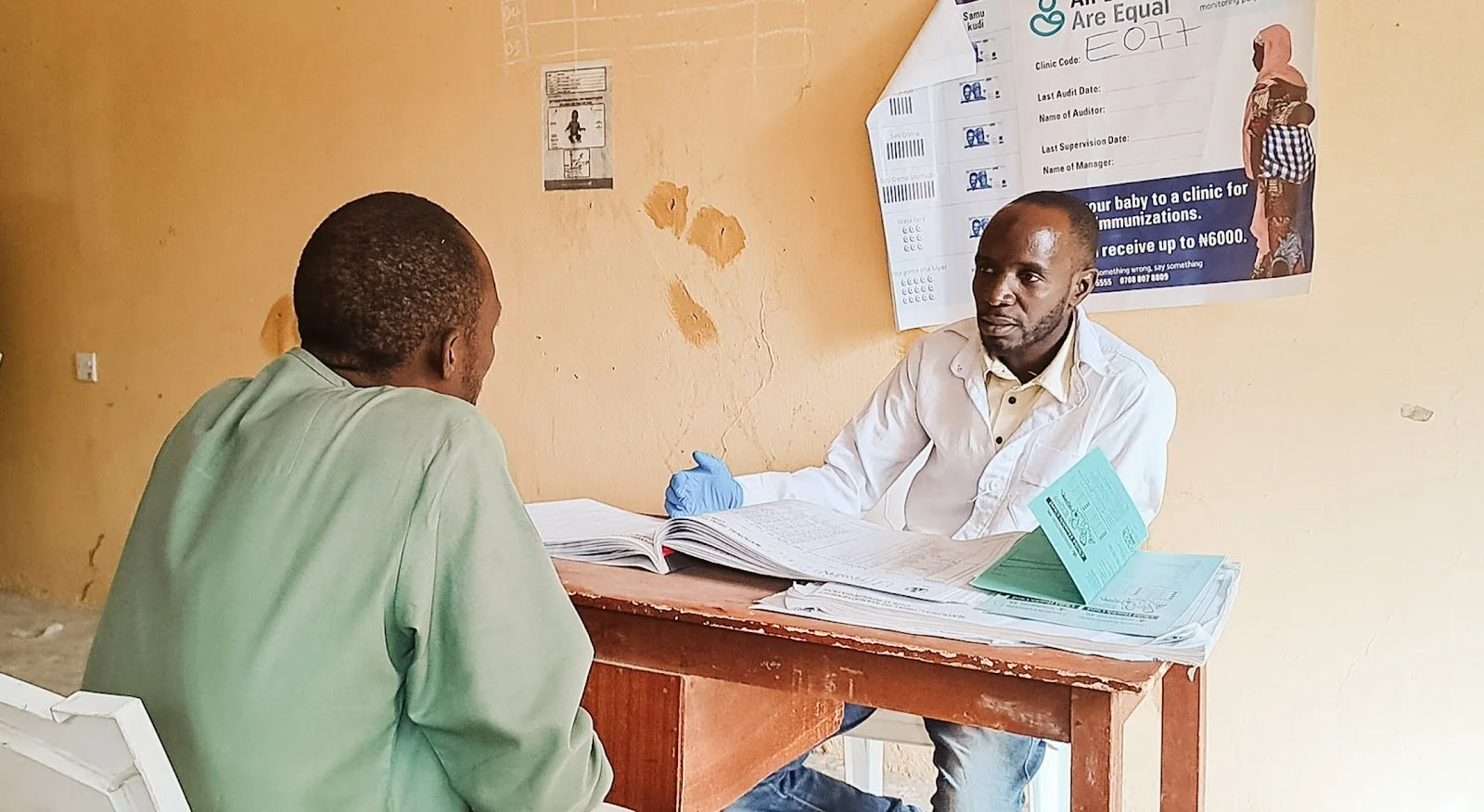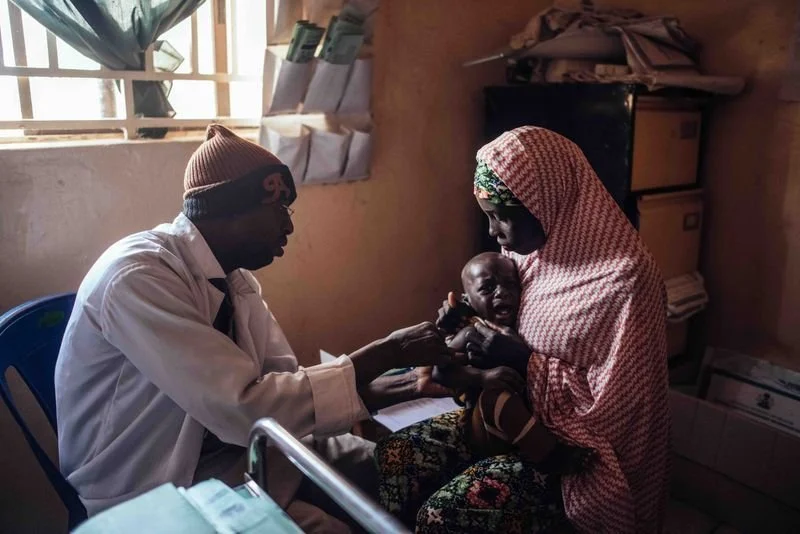
Charities > Global Health > New Incentives
New Incentives offers conditional cash transfers to encourage caregivers to vaccinate their children. These small cash incentives are a proven, cost-effective way to boost vaccination rates and save lives.
People living in poverty or in remote, rural areas often face significant barriers to accessing healthcare. In Nigeria, routine childhood vaccinations are provided at government clinics free of charge, but caregivers often find it difficult to afford transportation and face other challenges to taking their baby to a clinic – often half a day’s trip away or longer. These round-trip journeys to the clinic must be made six times to complete a childhood routine vaccination schedule, all within the first year of a baby’s life.
These and other barriers contribute to low vaccination rates: in some areas of Nigeria, only ~1/4 of babies are fully vaccinated. This, in turn, increases child mortality. Around 40% of children who die before the age of five are killed by vaccine preventable diseases.
Offering a monetarily small, yet significant, incentive – which covers the cost of transportation to a clinic plus food – provides enough of a “nudge” to overcome the barriers to vaccination. Indeed, an independent RCT found that New Incentives’ program doubled the number of babies who were fully vaccinated, with life-saving benefits.
As recommended by
Latest updates from New Incentives
FAQs
-
The cash transfers are ₦500 for five of the visits (at birth, 6 weeks, 10 weeks, 14 weeks, and 15 months) and ₦2,000 for the 9-month visit. In total, caregivers can receive up to ₦4,500 (~ US$11) if the child receives all doses in the routine vaccination schedule.
-
There is no strong evidence to suggest that small incentives reduce intrinsic motivation for vaccination.
This may be because the small size of the transfer acts more as a behavioural “nudge” – helping caregivers get over the hurdle of getting to the clinic – as opposed to providing a real monetary “reward.”
However, there is some evidence that larger transfers can dampen intrinsic motivation. This is something that New Incentives and other organisations continue to assess and consider as the evidence base grows.
-
New Incentives has comprehensive procedures and systems to prevent and detect fraud. They carry out post-transfer reviews of each disbursement, regularly perform unannounced program audits, and have robust data analytics that they continuously iterate based on lessons learned. They also follow rigorous standards for recruiting, training, and managing their personnel.
Impact
20,836,994
cash transfers disbursed
4,975,403
infants enrolled
73,003,705
vaccinations encouraged























